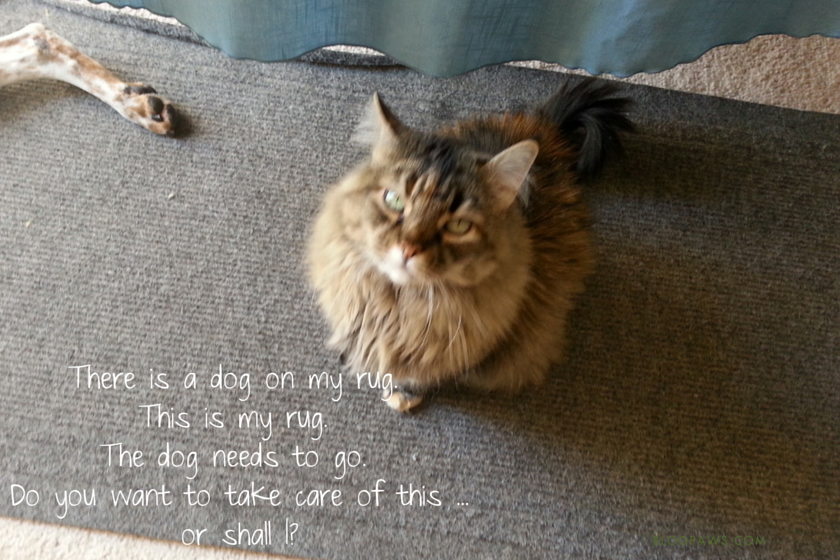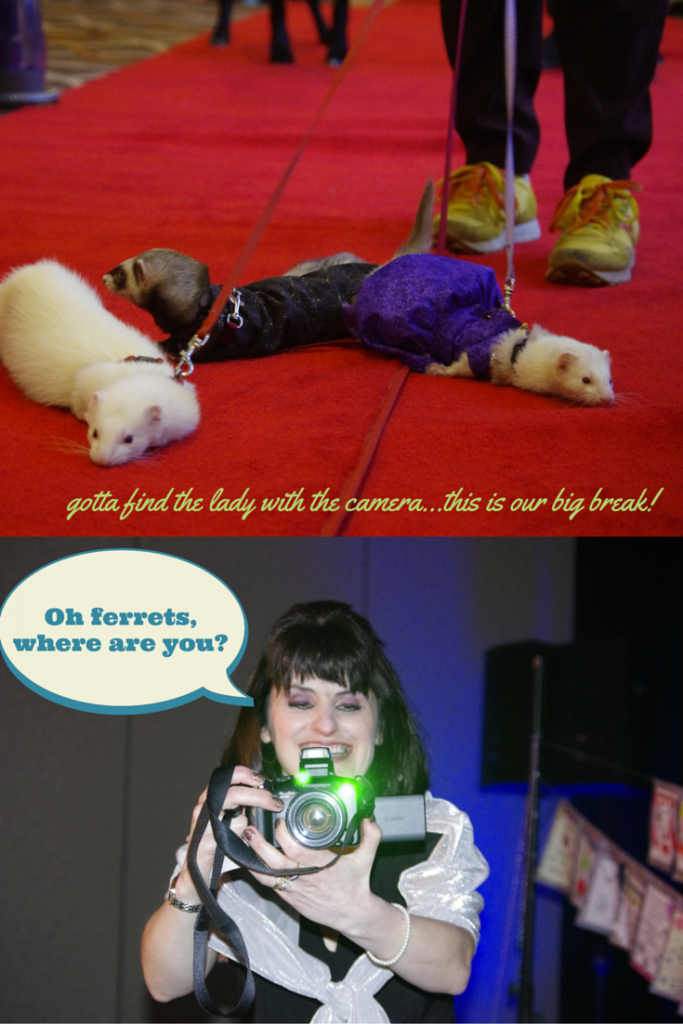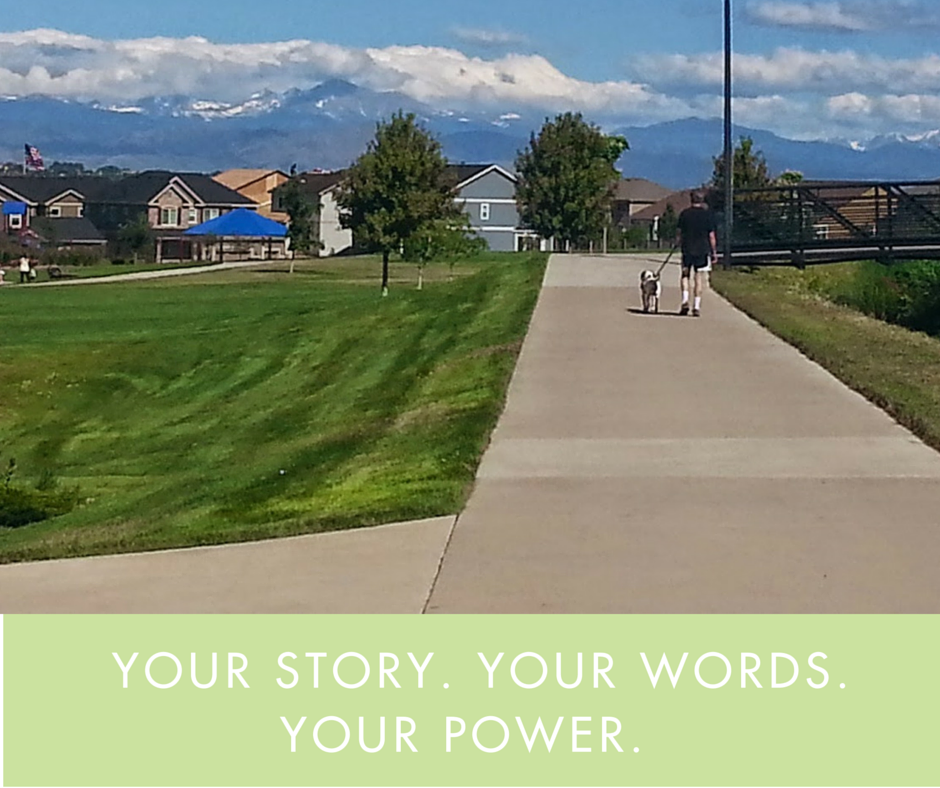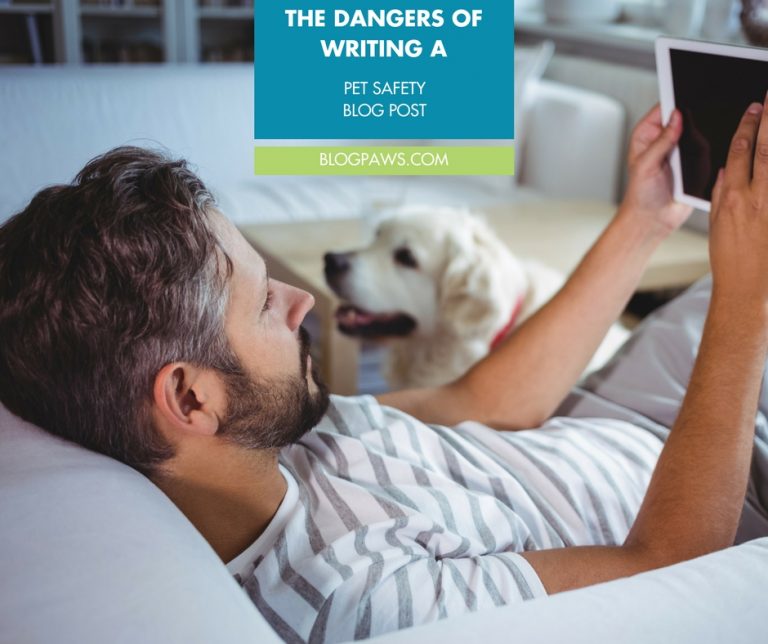Power Words for Power Writing
Words are powerful tools. They CAN and DO move mountains. Sometimes, they move dogs.
This post is about power words for power writing. We most often look to the classics for our instruction on writing. Our desire to improve our skills is buried in the admiration of those who have gone before us. The success of the masters, Shakespeare, Jane Austin, George Elliott, John Donne…and so many others, teaches us that power writing is the most effective way to share.
Let’s look at some of these masters and evaluate their work from our eyes.
We have Shakespeare – a towering voice among all. Why is his work studied the world over? Why is he quoted on a daily basis? How does his work, written so many years past, affect us today, in the 21st century?
“Conscience is but a word that cowards use, devised at first to keep the strong in awe.” King Richard III
“O! she doth teach the torches to burn bright.” Romeo and Juliet
Look at the two arbitrary quotes – what do they have in common? Their powerful words produce not only vivid images the equal of any hologram in existence, but they also inspire action. In King Richard III, we are inspired to war. In Romeo and Juliet, we are inspired to love. Note the power words in each King Richard III: conscience | cowards | devised | strong | awe; in Romeo and Juliet, teach | torches | burn | bright.
John Donne may be most recognized today for his poem, “No Man is an Island”
No man is an island entire of itself; every man is a piece of the continent, a part of the main;
We folks in the technology age are fond of quoting those lines from Donne’s poem, but what do they mean? How many of us take their meaning to heart? The message is one of togetherness, of sharing, of being complete because we exist together; “a part of the main.” The imagery is as powerful as a punch in the stomach. If you have not read the entire poem, I recommend it.
Mary Ann Evans took her gender out of her writing by using the pen name George Eliot. How many power words can you find in this quote?
“Life seems to go on without effort when I am filled with music.”
In this case, we look at the entire sentence to see and feel the power. In this one sentence we feel more alive and full of energy, full of sunshine and laughter, than in any separate word. “Life,” we’re told, “seems to go on without effort”… who does not embrace the wonder of that phrase? And when does it go on without effort? “…when I am filled with music,” she writes. Do you hear the notes? Do you hear the orchestra, perhaps? Is your brain alive with memory of your last concert or a favorite musical? Mine is. With George Eliot we look beyond the words and allow the story to unfold in both our brain and our heart. It leads us where Eliot wants us to go.
How does this work with your blog writing? Are you telling the story with punch and power? Do you struggle with each word, as I often do? Imagine life without your thesaurus! We all have a message to share on our blogs. It can be a humorous story, a lament or a rant; it can be reporting or sharing thoughts. No matter what it is, it needs to connect to the reader with power and emotion. Words that inspire and move us to action are powerful ways to play the “show, don’t tell” game. SHOW me what you mean, don’t TELL me about it.
Jane Austen wrote from the heart. We can delve into her biography to understand why her heart played such an important role in her work, but this quote perhaps takes us there more quickly, ““Friendship is certainly the finest balm for the pangs of disappointed love.”
Friendship – a word of sincerity.
Finest – a word of excellence.
Pangs of disappointed love; the power of these words is unmistakable! This sentence reveals so much and inspires the reader to compassion and empathy. And, perhaps, to understanding? There is a story behind the one sentence – a secret not shared, I think.
Poetry and novels can help increase your library of power words. I believe we have a duty, as writers, to read more novels. In our efforts to be understood and to write a story with plot, character development, dialogue, truth, and reality we must adopt power words that leap off the page and slap the reader to attention.
I leave you with this Walt Whitman poem. Will you contribute a verse?
O Me! O Life!








